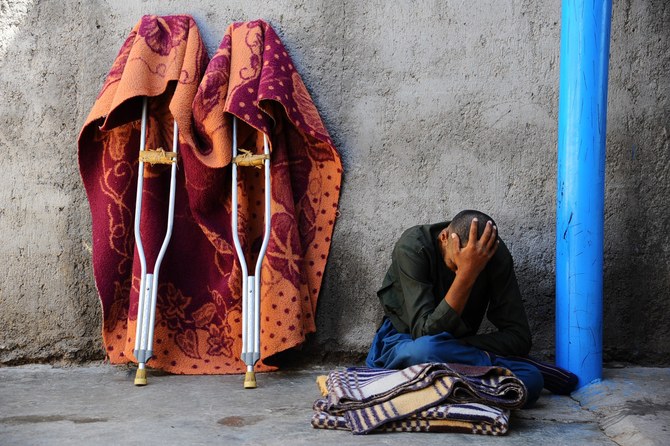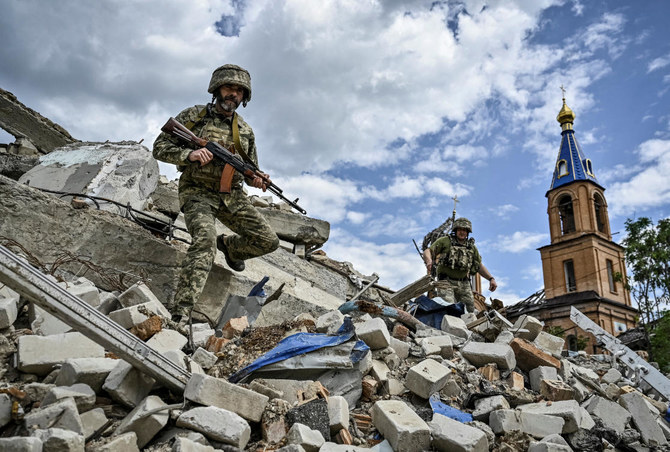LONDON: Many Afghan refugees who fled the Taliban for France are in desperate need of mental health support, Human Rights Watch has warned.
The French government evacuated 2,630 Afghans between Aug. 15 and 26 last year as the Taliban took control of Kabul, resettling them across the country. Many had experienced trauma, with some being forced to leave relatives behind.
They arrived in Europe in varying states, with some displaying signs of “shock … anxiety, depression, insomnia, nightmares, and sometimes severe psychological distress, including post-traumatic stress,” HRW said, adding that while Paris had gone to great lengths to prioritize and assist Afghan refugees, their asylum claims and their wellbeing, more needs to be done.
Refugees received differing levels of service depending on where in France they were relocated, with those in more remote areas getting less effective help, HRW said.
It added that asylum seekers in France did not receive full healthcare coverage for the first three months of their stay, which hampered much-needed mental health intervention.
“Afghans evacuated to France faced severely traumatic events and many continue to struggle with their mental health,” said HRW researcher Jonas Bull.
“People fleeing conflict shouldn’t face the added burden of having to wait weeks to be eligible for mental health support and then finding there are no appropriate services in their area,” he added.
“Afghans in France still need more support, and as European countries begin to welcome refugees from the Russia-Ukraine war, lessons from the Afghanistan evacuation in France underline the importance of putting mental health high on the agenda.”
One female refugee interviewed by HRW said: “I love my country; I love my people. But I have a hole in my heart, I can’t do anything from here. I was in shock mode, and now I am still in shock mode. I keep forgetting things, I even forget my name.”
In addition to refugees, HRW also interviewed “psychologists, doctors, humanitarian experts, representatives of NGOs, staff of mental health centers, Afghan community leaders, interpreters, and government officials.”
Through its interviews, it said it had established that even well-equipped mental health resources in French urban centers had been “overwhelmed” by demand even before the refugees were relocated from Afghanistan, and many lacked adequately trained, trauma-sensitive interpreters.
HRW added that with millions of people currently fleeing Ukraine, France will need to learn the lessons of how it has provided for Afghan refugees.
France “should make mental health support services available immediately to evacuees and other people seeking protection,” it said.
“Whenever a need for mental health support is voiced or identified, including in the asylum process, French authorities should direct people to psychosocial support services, ideally to dedicated centers with expertise in conflict-related trauma, qualified interpreters, and staff with relevant cultural competence and language skills,” it added.
“People seeking protection should be informed of the availability of support services and be able to choose the type of support most appropriate to their needs. They should have the right to withdraw from psychosocial support services at any point.”

























